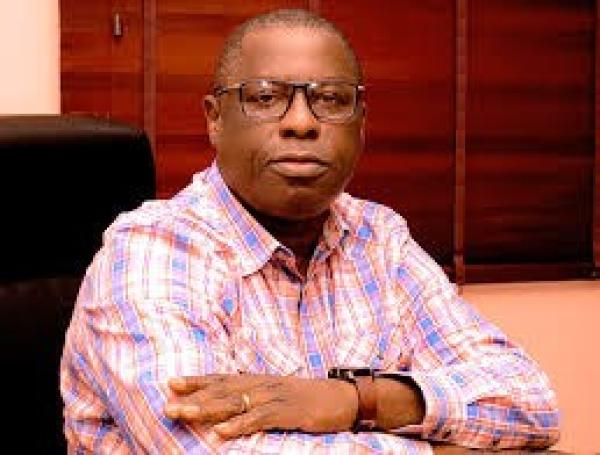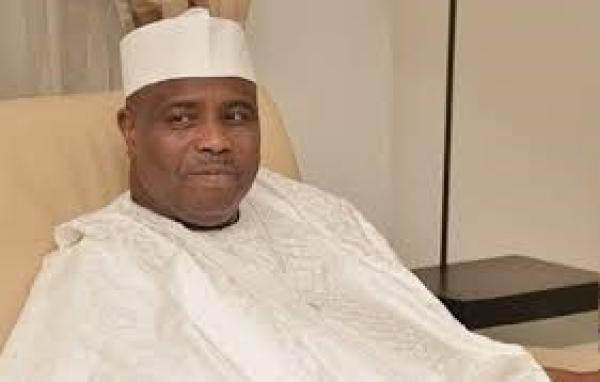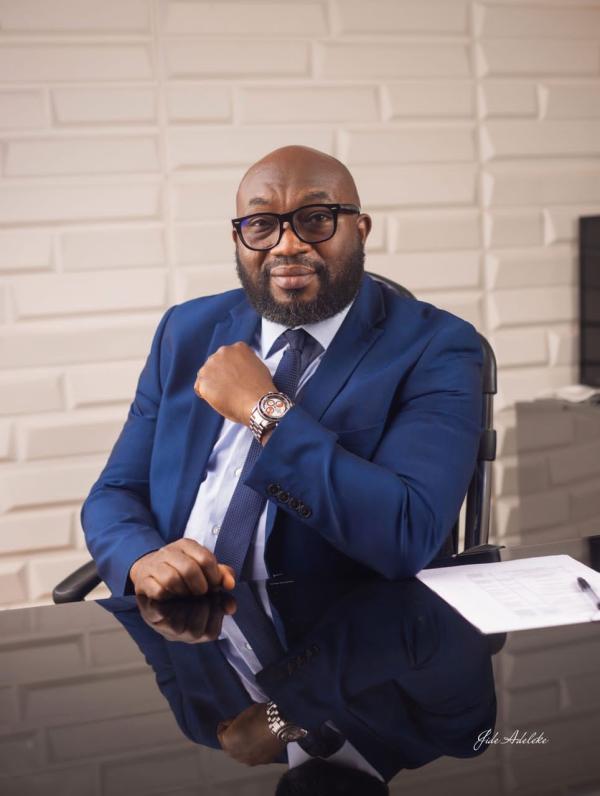
The Senator representing Kaduna Central, Shehu Sani, has called for Primary and Secondary Schools in Nigeria to include the history of slave trade as part of their curriculum.
Mr. Sani made this call on Saturday during a visit to some historic sites in Badagry, Lagos.
He said “We must teach the history of slavery to our young ones in primary schools and secondary schools. It is distressful and disappointing to see our young people in our schools, in our country, being taught history according to how Europeans wrote it. I think the best thing we should now is we must inculcate the lessons and the lectures and experiences of slavery in our curriculum.”
Mr. Sani’s bill at the National Assembly, the Historic Sites Preservation and Protection Bill, has passed the first reading at the Upper House.
His visit to Badagry came months after he climbed the historical Kufena rock in Zaria, and promised to sponsor a bill that will promote tourism in the country.
He said the bill is aimed at drawing the attention of the federal government on the need to protect and preserve historic places that have formed part of Nigeria’s memory and history.
Mr. Sani said “My bill was informed by the fact that many historic places are now facing serious danger of being eroded, either they were neglected, ignored, or they were threatened by modern developmental activities.
“This very place must be well preserved and must be well funded, and I believe there’s no better way to do that than to have a bill that will ensure that. The current bill on historic places was established almost about 4-5 decades ago. It has lost its relevance, it has lost its value and it cannot play very much in today’s Nigeria.
“With the very fact that oil era is coming to an end, and government is working hard towards diversification, tourism is one important area that should receive the necessary attention it deserves.”
He also said his visit to Badagry had given him a practical experience of what those who passed through the slave route experienced.
Mr. Sani advocated that the developed world pay reparation to Africa and the people of African descent that are in the United States, Caribbean, and also Latin America.
“It’s sad and unfortunate that since the death of Chief MKO Abiola, the campaign for reparations has lost its vigour and virility; we must constantly remind those whose wealth was founded from the seed of Slave Labour that there’s an eternal dividend to pay,” he said.
“The ideology of racism, apartheid, colonialism and neo-colonialism has its roots in the master-slave experience while it lasted. Without slavery there could not have been colonialism. Today racists whether Caucasians, Arabs, Indians or Chinese use the history of slavery to scorn Africans or black people.”
Peter Mesewaku, the Curator of Badagry Heritage Museum, said Mr. Sani’s visit would enable the senator make the right judgment towards pushing his Bill in the National Assembly.
“I feel very happy because we are in the industry and we know how it feels, and we are not too happy looking at the way some of those sites are,” said Mr. Mesewaku, who has worked as a curator for 15 years.
“Although, the Lagos State government is trying its best but at least the federal government should as well show interest. Because now that we are looking at diversifying, I want to believe that we have enough to stamp our authority in the tourism industry.”
Menu Toyon II, a traditional ruler in Badagry, described the senator’s visit as “unquantifiable.”
“He came at the right time, the time Badagry was clamouring for change, for tourism, for anything that can make our economy to come up,” the monarch said.
“The bill will give Badagry a very big name, and it will change our economic potentials, and it will turn Badagry to a tourist haven because from what I heard from him, I know he’s a man that talks and maintain his speech.”






















